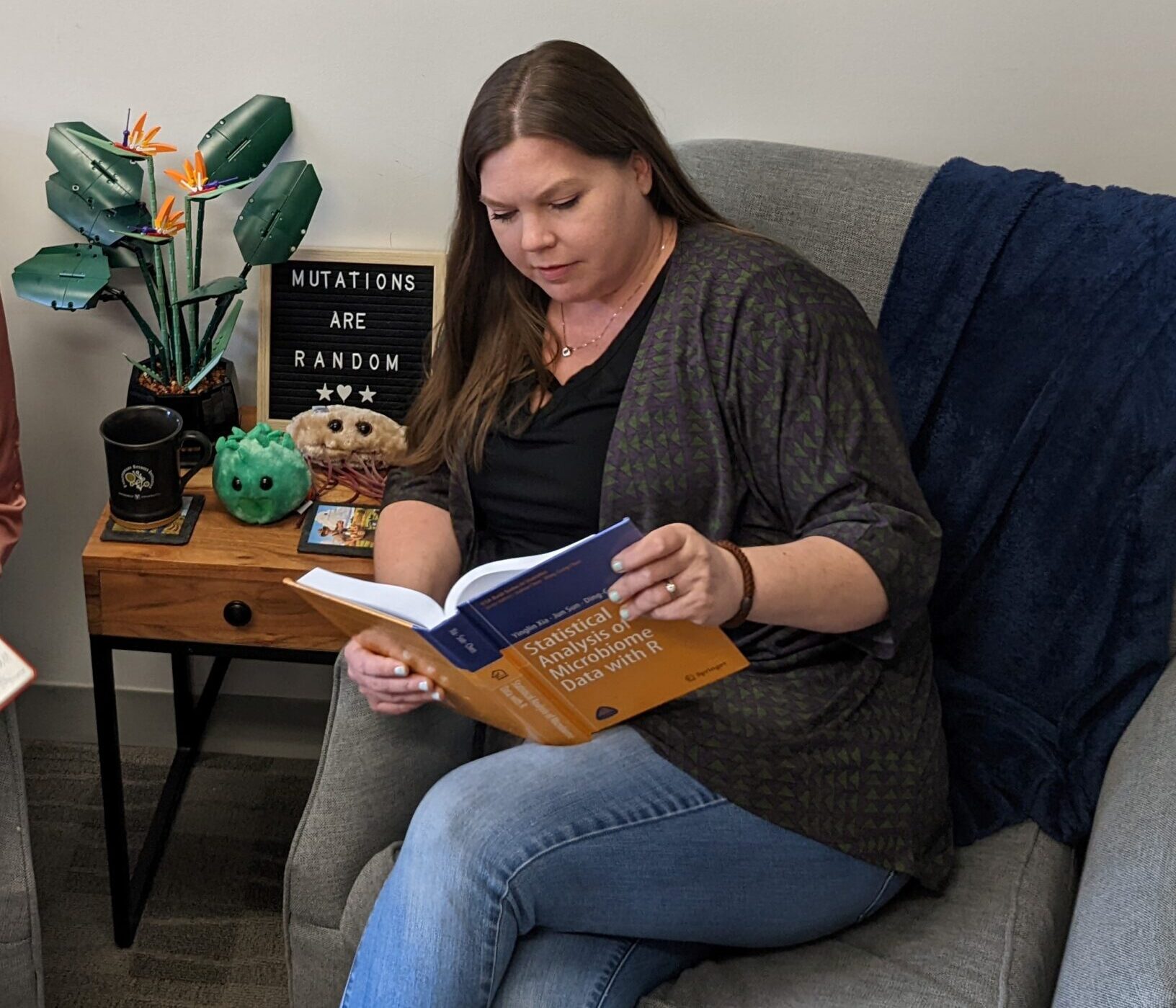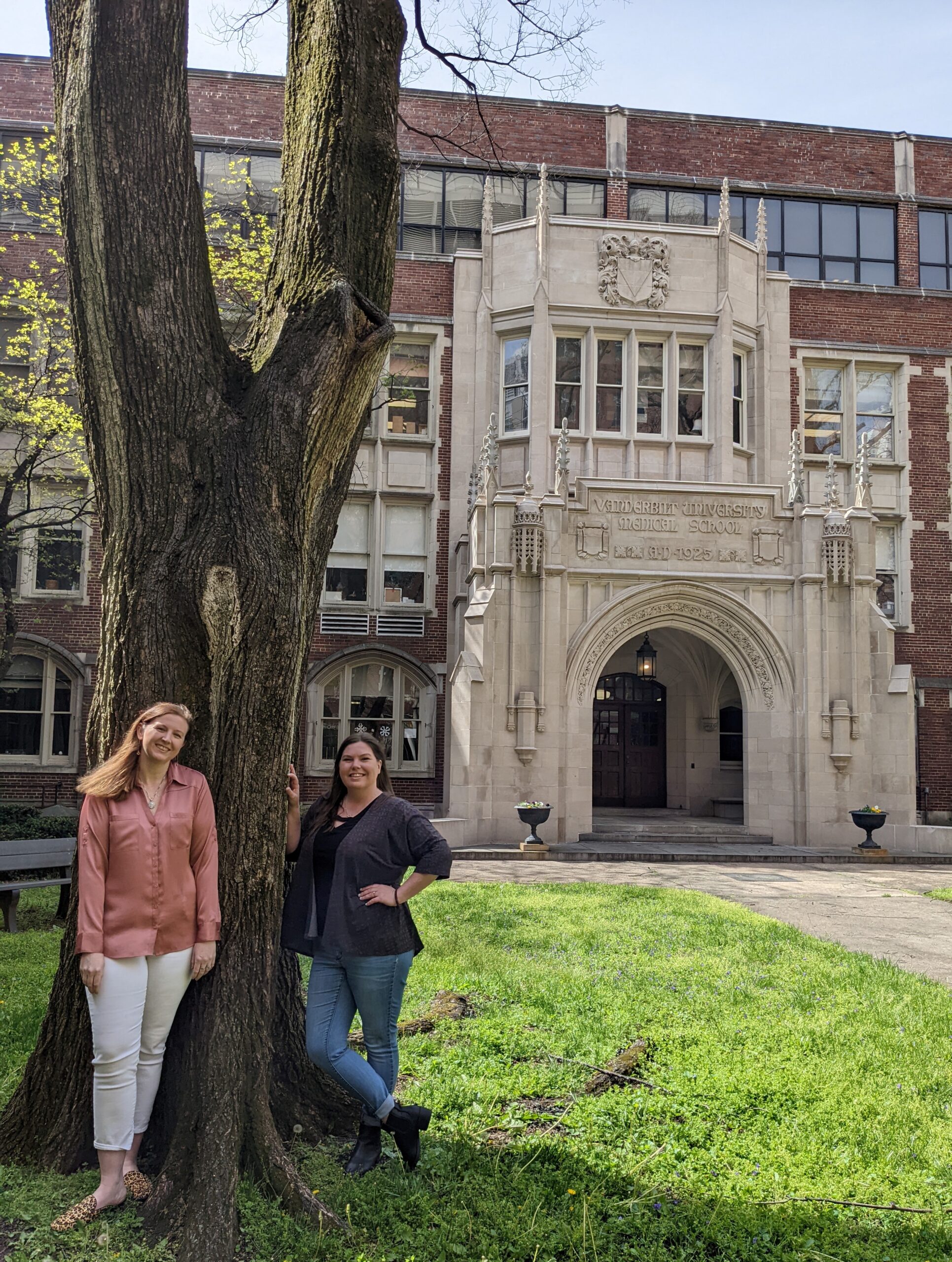Sarah Worthan, Postdoc in Biological Sciences, Wins Prestigious Zuckerlandl Prize
By: Andy Flick Evolutionary Studies scientific coordinator
The Zuckerlandl Prize is given to the top paper published in the Journal of Molecular Evolution. The honor of the 2023 Zuckerlandl Prize belongs to a paper by first-author Sarah Worthan, a postdoctoral researcher in the Behringer lab in Biological Sciences at Vanderbilt.
Worthan was excited to talk about her new prize. “Personally, receiving this prize was a very gratifying way to kick off the new year! I feel very honored and humbled by the recognition as The Journal of Molecular Evolution is known for its commitment for publishing high quality evolutionary research. Professionally, receiving this prize is very rewarding.”

She continued by describing the work, “this paper was unique in that it serves as a cautionary guide to those performing fitness assays following an adaptive laboratory evolution approach. We found that very small changes to the execution of the fitness assay led to varying results, and we were eager to share these insights with the community. The fact that our paper was chosen for this prestigious prize indicates that the editorial panel agrees that disseminating findings such as these are of great importance.”
Worthan enjoys working with microbes, especially E. coli. She noted they have simple nutritional requirements, replicate quickly, and can easily genetically manipulated. They are also easy to design lab experiments around.

She added, “there are so many cool things about working in an experimental evolution lab. First, you get to observe evolution in real time! How cool is that?! Also, not only can you utilize experimental evolution to answer questions about evolutionary processes, but you can also learn a lot about microbial genetics and physiology!”
Behringer, a co-author on the paper, commented on Worthan’s time in the lab.
“Sarah’s transition to evolutionary studies is relatively recent. Her training background is in biochemistry and molecular microbiology, which made her a perfect fit to expand our approaches and begin to more deeply examine how the mutations arising in our evolution experiments affect bacterial physiology. Upon joining the lab, Sarah immediately set out to establish a protocol to reconstruct the mutations that evolved in our experimental E. coli populations with CRISPR. This has been a tremendous success, and she has even further developed this protocol so that these mutations can be quickly introduced with unbelievable efficiency. This has really allowed us to push the field forward as we can now quickly introduce these mutations individually or in combination and measure the resulting phenotypes and fitness effects.”
